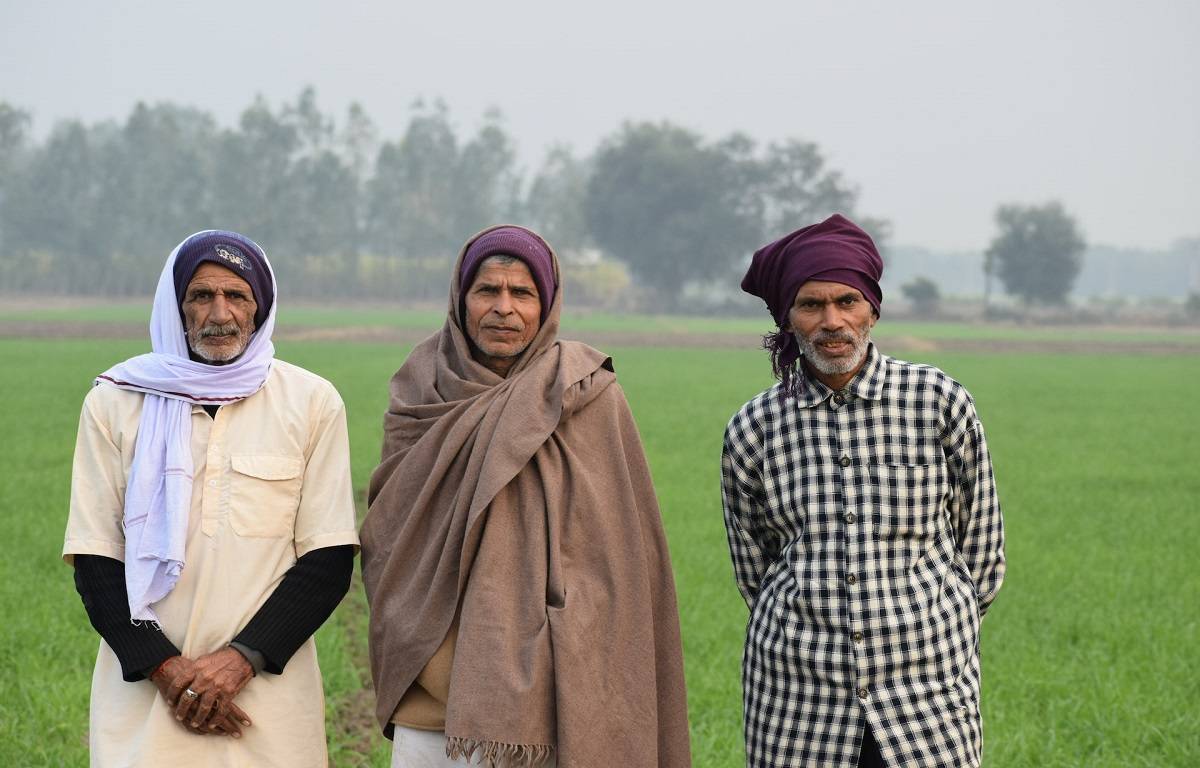
The FPO or Farmer Producer Organization is a group of individuals who represent the interests of farmers and other major agricultural producers. The Indian government has also taken an effort to establish more than 10,000 FPOs, which will be useful for the expansion and maintenance of what farmers produce. It is the responsibility of the FPO to ensure that no farmer is deprived of the privileges and amenities that are intended for them.
As per the idea behind the formation of FPO, farmers, who are the producers of their agricultural goods, can create organizations and register themselves under the Indian Companies Act.
The primary goal of the Farmer Producer Organization is to provide producers with a better income through a self-governing organization.
Support for the Promotion of FPOs
Using financial resources from different Centrally sponsored and State-funded programs in the agriculture sector agencies, the Central and State Governments and their agencies would aggressively encourage and support the creation and growth of FPOs.
This objective will be accomplished by forming a coalition of partners by the responsible promoter body, involving institutions from civil society, research organizations, consultants, players from the private sector, and any other organization that can support the growth of robust and viable producer-owned FPOs.
How is Central Government Institutions Supporting FPOs?
The key agency for creating and expanding FPOs is the Department of Agriculture and Cooperation (DAC), Ministry of Agriculture, Government of India.
As the DAC's authorized agency, the Small Farmers' Agribusiness Consortium (SFAC), a Society under DAC, will serve as a one-stop store for technical support, training requirements, research, and knowledge management, as well as for building connections to investments, technologies, and markets. State governments, FPOs, and other organizations involved in the promotion and growth of FPOs will get all-around support from SFAC. Specifically, SFAC will establish long-lasting connections between FPOs and inputs suppliers, technology providers, extension and research organizations, and marketing and processing players in both the public and private sectors.
The National Cooperative Development Corporation's (NCDC) mandate will be broadened to include FPOs on the list of institutions that are eligible to receive funding from the Corporation's different programs.
In order to carry out price-support purchasing operations, NAFED will make efforts to add FPOs to the list of qualified institutions.
DAC will collaborate with the State Governments and the Food Corporation of India (FCI) to persuade them to use FPOs as procurement agencies for the Minimum Support Price (MSP) procurement operations for various crops.
Operating with NABARD and other financial institutions, DAC and its approved agencies will direct short- and medium-term financing for FPOs' requirements for working cash and infrastructure investment. Additionally, DAC will collaborate with all pertinent parties to provide complete financial inclusion for FPO members and link them to Kisan Credit Cards.
In order to encourage the quick expansion of FPOs, DAC will collaborate with the Ministry of Corporate Affairs and other stakeholders to further clarify and improve legal rules pertaining to the registration, management, and regulation of FPOs.
How are State Government Institutions supporting FPOs?
In addition to urging State Governments to develop FPOs on a broad scale through programs and schemes that are sponsored by the Central Government and funded by the State, DAC advises that State Governments adopt the following actions to strengthen and support FPOs:
-
By stating that FPOs are equal to cooperatives that are registered under applicable State law and self-help groups/federations for all advantages and facilities that are occasionally provided to member-owned institutions.
-
By including measures that make it simple for FPOs to get licenses to trade in inputs (seed, fertilizer, farm equipment, pesticides, etc.) for the benefit of their members and by directing the delivery of agricultural inputs through FPOs on a par with cooperatives.
-
Using FPOs to produce certified seeds, saplings, and other planting materials while providing cooperative-level production and marketing subsidies.
-
By making the necessary changes to the APMC Act, FPOs will be able to sell farm products directly to consumers at the farm gate, through centers for procurement and marketing that they operate, and by making it easier for FPOs and bulk buyers to enter into contract farming agreements.
-
By appointing FPOs as purchasing agents for MSP activities for various crops.
-
By using FPOs as implementing organizations for a variety of agricultural development programs, including RKVY, NFSM, ATMA, etc., and by giving FPO members priority access to the advantages of Central and State-funded agricultural programs.
-
By connecting FPOs to financial institutions for operating capital, infrastructure for storage and processing, and other investments, such as cooperative banks, state financial corporations, etc.
-
By establishing state-level policies that promote and enhance FPOs to make them thriving, sustainable and self-governing bodies.










